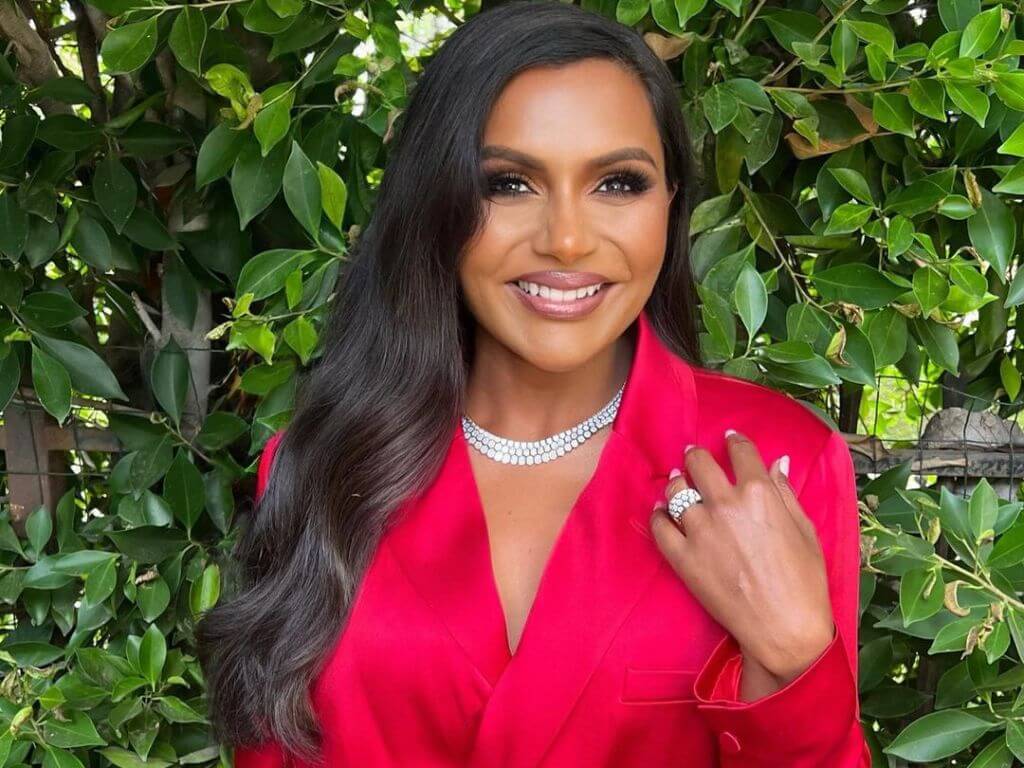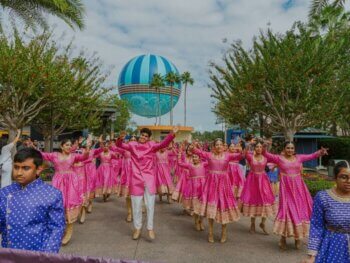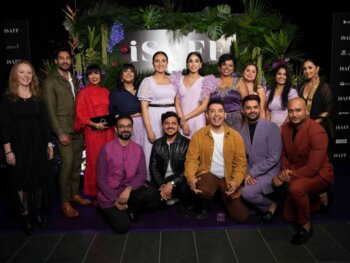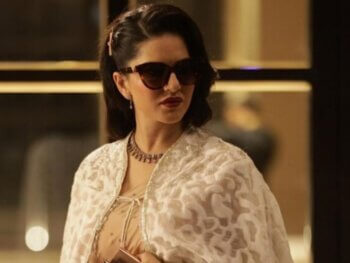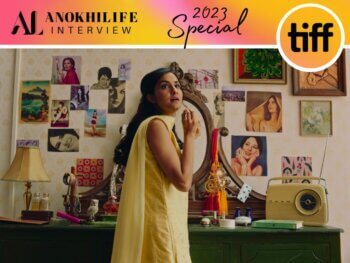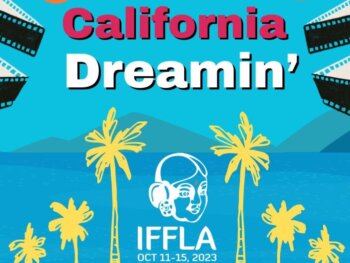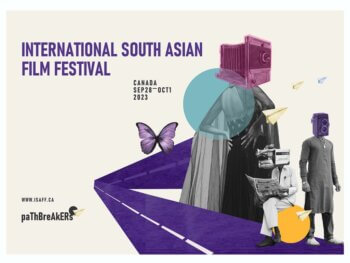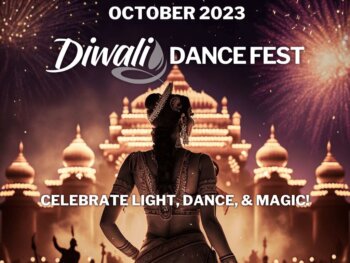Mindy Kaling has been trending on Twitter for days. And it’s not because of what you think. Since the release of her much-awaited (and widely panned) “Velma” a reimagined spin-off of the iconic “Scooby Doo” series, there has been a backlash on the show itself and more specifically on Kaling. After her long-running success with her various productions it seems that fans have started to notice a similar thread running through all of her South Asian characters, depicted by Kaling herself or by her cast. The consensus (at least on Twitter), is that fans are tired of her depiction of South Asian women as culture-denying Gen X/Z’s or the fact that they are just “losers” who can’t seem to get a grip on their life, personally and/or professionally. The common denominator is of exhaustion that a South Asian woman who has become such a powerful force in Hollywood where representation means everything, keeps creating characters and storylines based on someone who doesn’t seem to appreciate or understand South Asian culture. Which has us asking: is Mindy Kaling a self-hating South Asian? I take a closer look.
Mindy Kaling was trending on Twitter for days. Which made sense as her latest show Velma (her adult-horror animated reimagining of the iconic Scooby Doo series) started streaming. What I didn’t expect to see was a whole-hearted critique from the predominantly female South Asian Twitter users. Was it lauding the accomplishments of Kaling buoyed by constructive feedback of her latest production? Quite the opposite in fact. It seemed that those tweeting were, how shall I put it, simply fed up with Kaling and her portrayal of South Asian women on screen.
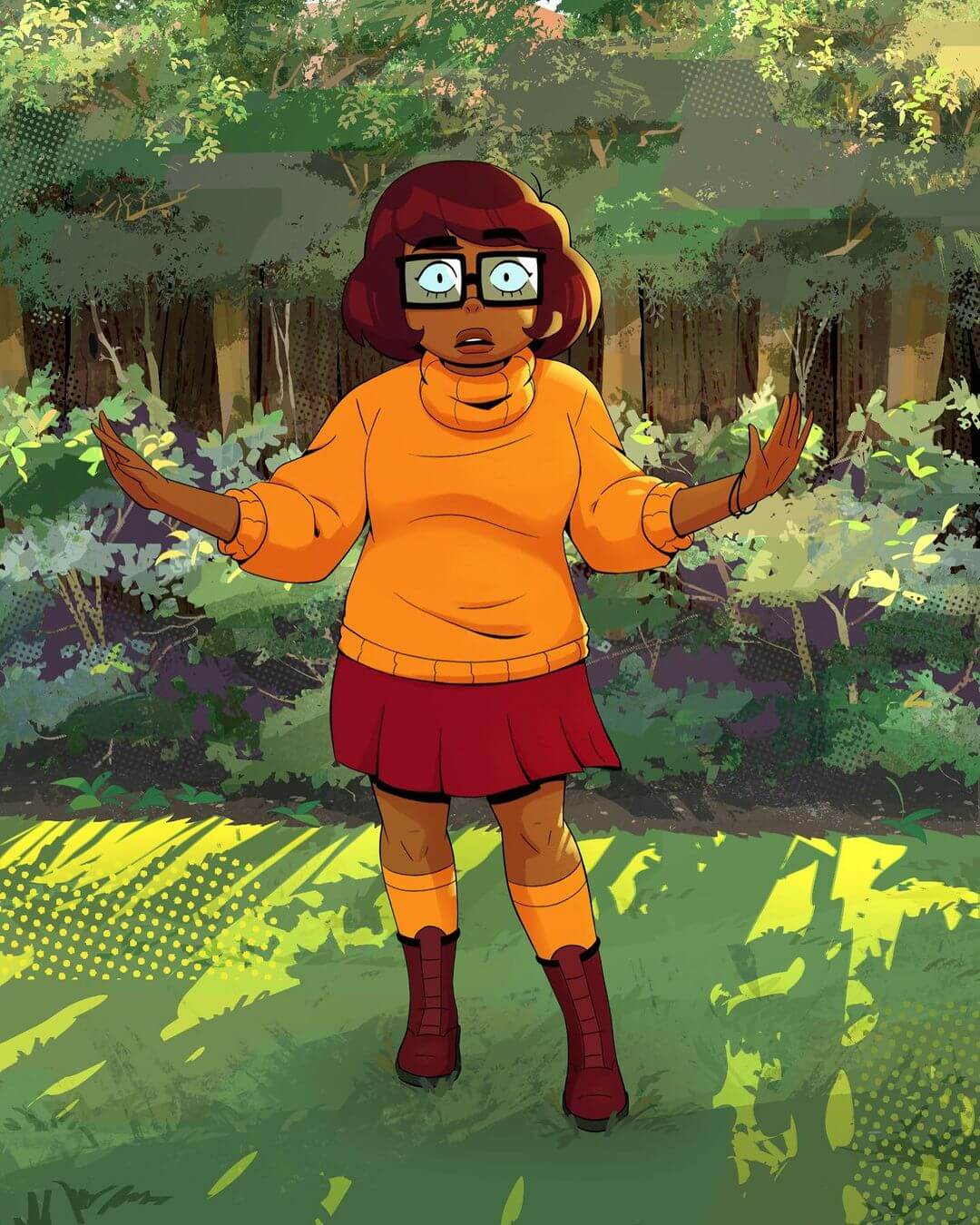
What’s the issue? The common denominator threading through all of it was the keen observation that her South Asian characters from her Kelly Kapoor days from The Office, to her role in The Mindy Project, to Devi in Never Have I Ever and Bela in The Sex Lives Of College Girls have been South Asian women/girls who seem to not really embrace their South Asian appearance or culture. Other fans have also criticized Kaling for showcasing these same characters as South Asian woman who seem to be a hot mess filled with poor life choices.
What’s not lost in this entire discourse is that when it comes to a successful South Asian writer, producer who has the visibility and the power to be the voice of South Asian women and girls in Hollywood, Kaling should understand what it means for her legion of Brown fans. And when it comes to providing Brown tropes on a silver platter for the masses to feast on, that’s not what we signed up for when we crowned Kaling as our voice of representation in Hollywood.
What are we getting from this so-called representation? Punchlines. And bad ones at that, which include an endless stream of derogatory references to our looks. Such as…
There’s Bela’s repulsed attitude of being South Asian in The Sex Lives of College Girls as an “Indian loser with cystic acne, sweaty armpits, and glasses.” In Never Have I Ever, Devi goes on about her endless arm hair. The body hair self-hate theme continues in Velma where the titular character seems to have a makeover in school where she’s not seen as a “dog” anymore, while in another scene cops note her “gorilla” amount of body hair.
Lovely.
And of this has not gone unnoticed by the fans. The idea that Kaling has now become a polarizing figure in the South Asian space is not a far-fetched idea. Just a quick google search drummed up numerous articles and op-eds pointing out the problematic tropes that Kaling seem to have willingly embraced as a blueprint for all of her characters. And of course there’s Twitter.
i know everyone is annoyed with mindy kaling writing her version of a south asian woman into her shows but maybe the larger problem is that she should not be the only south asian woman with a large enough platform teling our stories
— Dr. Sanjana Curtis! 🦦 (@sanjanacurtis) January 26, 2023
velma (the show) is like the actual bane of my existence. mindy kaling just pushes the agenda of “south asian girls are ugly and smell and are way too hairy”. IM SICK, even as a south asian girl not the first time i’ve seen this but, it shouldn’t be happening as often as it does.
— merriam (@mj_talkss) January 30, 2023
This makes me so mad. Mindy Kaling has time and time again made poor choices in her projects to harm people of color, particularly Black and Brown people, with her views.
I can only speak as an Indian woman who dislikes her projects because she white washes our culture— 🏳️🌈SAND HI YAAH🏳️🌈 – trying to pass STEP 1 (@San63475592) January 30, 2023
So the question remains. Who is she writing for? Is it the White Gaze? From a distance it makes certain sense. She has the name but she needs the funds to greenlight her projects and of course when it comes to the meat and potatoes of showbiz, it’s all about numbers. Numbers like eyeballs and dollars. The recent polarization of her Brown fans has set social on fire, so there’s that viral aspect to it all.
And there’s no such thing as bad publicity right?
There’s no denying that her characters’ traits are a reflection of her own personal upbringing. Something she has acknowledged in the past. Fair enough. There’s nothing wrong with drawing from the well of one’s own experiences. Iconic creatives have done the same to much acclaim.
But with Kaling it seems that there’s a case of arrested development. Because we are going on 20+ years of this. It seems that this specific lens (and their related ongoing self-deprecating jokes) has become her default mode. I speak for myself when I say that I was a different person in my 20s, than I was in my 30s and 40s etc. The beauty of life’s experiences give all of us that added dimension of changing perspectives.
But why is that missing for Kaling?
Where’s the growth? The evolution? The self-awareness? Kaling is now a mom of two, a successful media moghul where she can make or break deals. Why is she still reverting to tropes that she embraced when she was starting out and when she was in a different place in her life?
Representation in Hollywood that we all are looking for is important. However when it’s not authentic it’s deeply problematic.
Whether she is self-hating or not is something that everyone should decide on their own. Her characterization of South Asian culture-denying women flies in direct contrast to her Instagram posts where she is whole heartedly embracing the various South Asian festivals. So why not take that passion and put it on screen?
In my opinion when a person decides to dole out a specific one dimensional perception of the world for entertainment purposes, that representation is not authentic. And that’s a huge problem.
I hope that Kaling will come around with some more substantive, realistic and more importantly uplifting portrayals of the badass South Asian women that we truly are.
Main Image Photo Credit: www.imdb.com
Hina P. Ansari
Author
Hina P. Ansari is a graduate from The University of Western Ontario (London, Ontario). Since then she has carved a successful career in Canada's national fashion-publishing world as the Entertainment/Photo Editor at FLARE Magazine, Canada's national fashion magazine. She was the first South Asian in...


















































